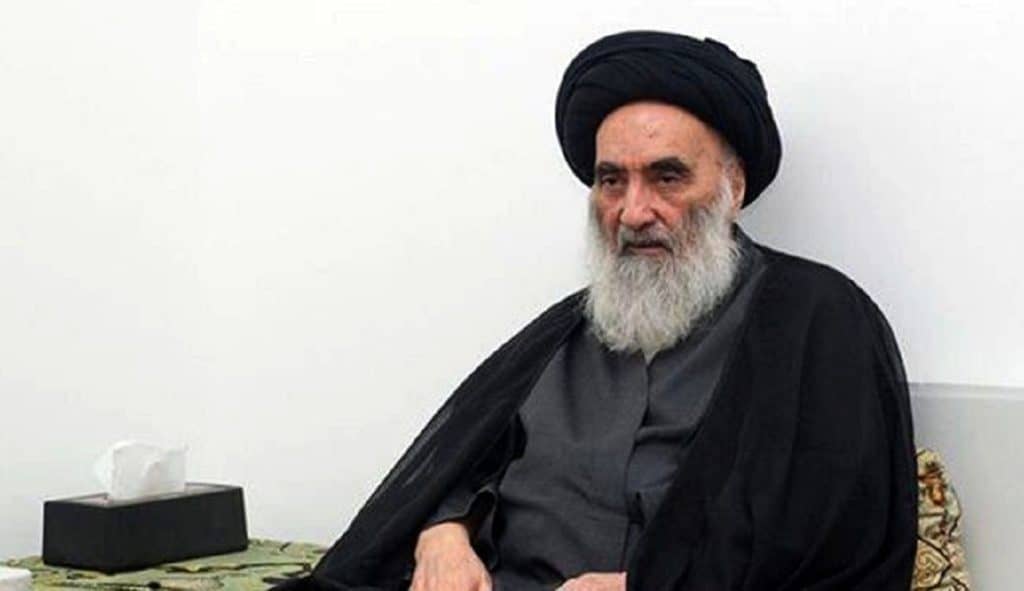By Denis Korkodinov
Against the backdrop of protests in Iraq, one of the most pressing problems of the country’s modern development has clearly manifested itself. And this problem is that the leadership of official Baghdad cannot and does not want to cope with the manifestations of the crisis. At the same time, ordinary citizens pin their last hopes on the Great Ayatollah Ali al-Sistani, who needs specialists in the field of political technology.
The situation is complicated by the fact that the Great Ayatollah alone cannot solve all the problems of the state that have accumulated over the years since the overthrow of the regime of Saddam Hussein. Ali al-Sistani is trying to strictly adhere to the principle of non-interference in the political affairs of the state, rejecting the concept of “prevail al-faqih.”
Meanwhile, in the face of a growing protest, he is forced to react to events in the country. Thanks to this, the Iraqi high cleric recently issued a statement on the need for constitutional reform in Iraq. However, he did not concretize his statement, confining himself only to the message that professional politicians should think about the content of constitutional reform.
Appealing to Iraqi politicians was the main strategic miscalculation, since representatives of official Baghdad are not interested in any reforms. In this regard, Ali al-Sistani, probably through his statement, unwittingly assumed great responsibility, since in a political vacuum he would have to think about the content of constitutional reform.
Ordinary inhabitants of the country, for the most part, rely on the high authority of the ayatollah, hoping that he will be able to restore order. But due to the inertia of the leadership of official Baghdad, Ali al-Sistani will not be able to rectify the situation in the near future, as a result of which the hopes of many Iraqis will not be justified.
Perhaps for a short time, the Great Ayatollah through its authority will be able to mobilize society and resources for organizing the negotiation process with the Iraqi leadership. Nonetheless, more than the authority of the high cleric will be necessary for constitutional reform. It is, first of all, about a huge staff of professionals in the field of political technologies who will be able to build a competent transformation program taking into account social expectations. But so far there are no such specialists in Iraq.
(The opinions expressed in this article are solely those of the author and do not necessarily reflect the views of World Geostrategic Insights)







